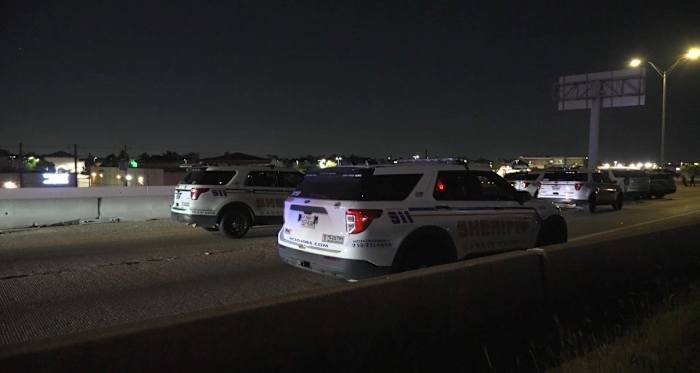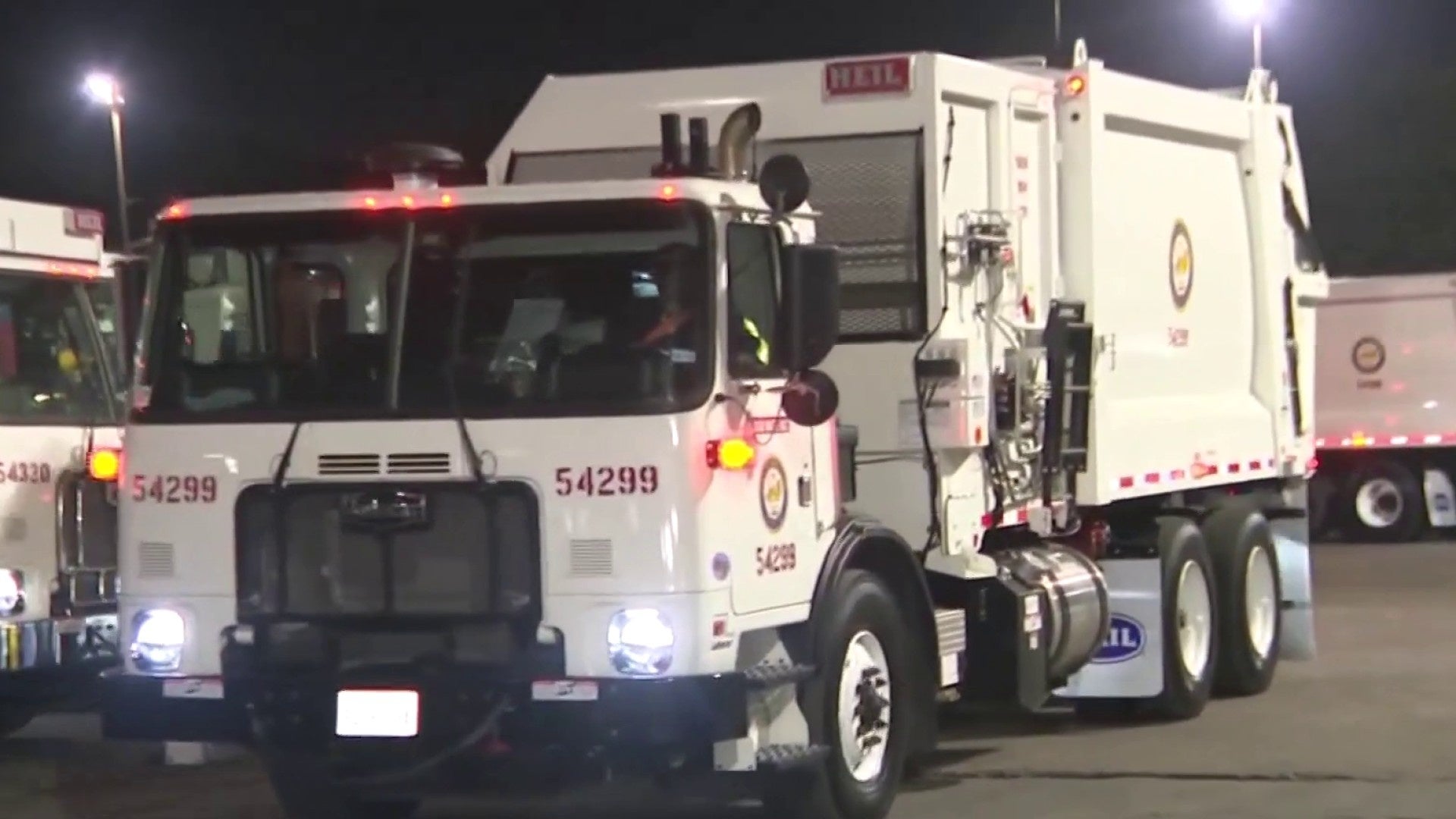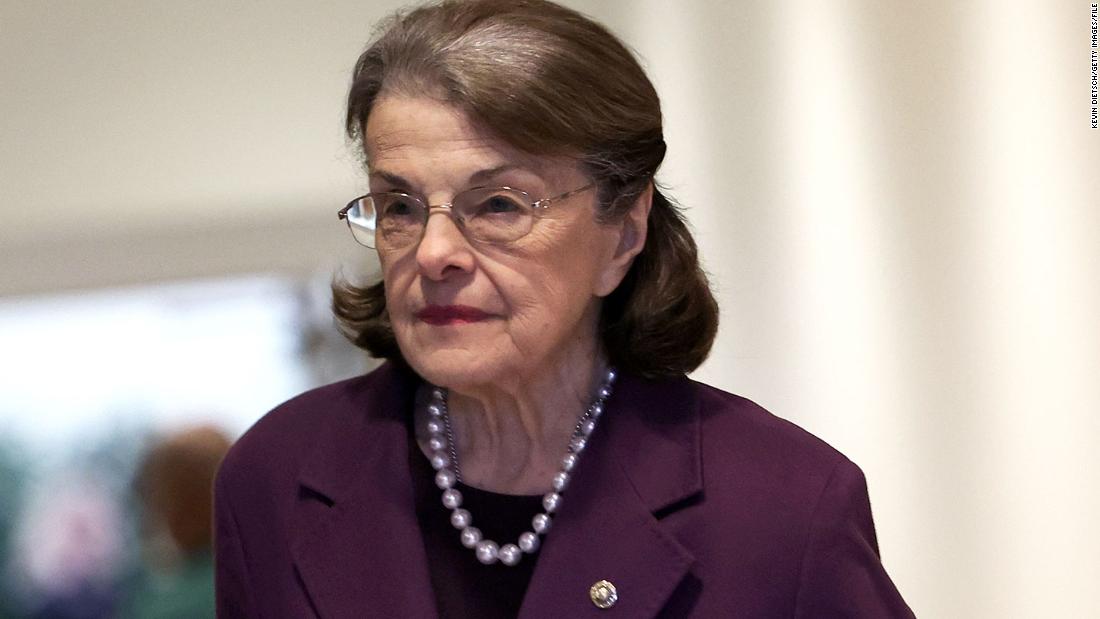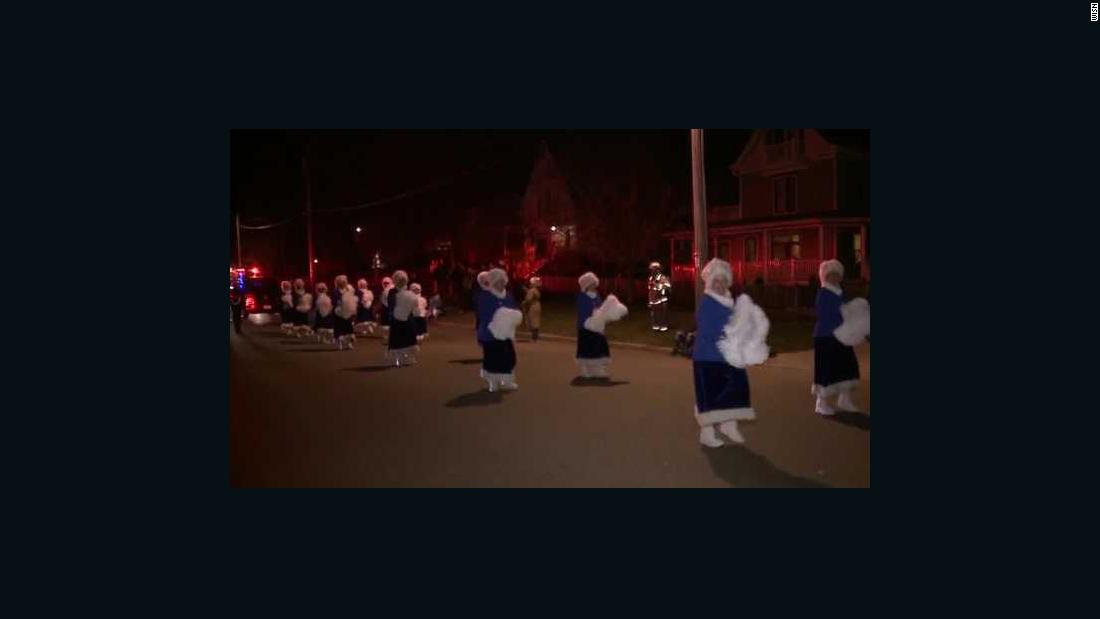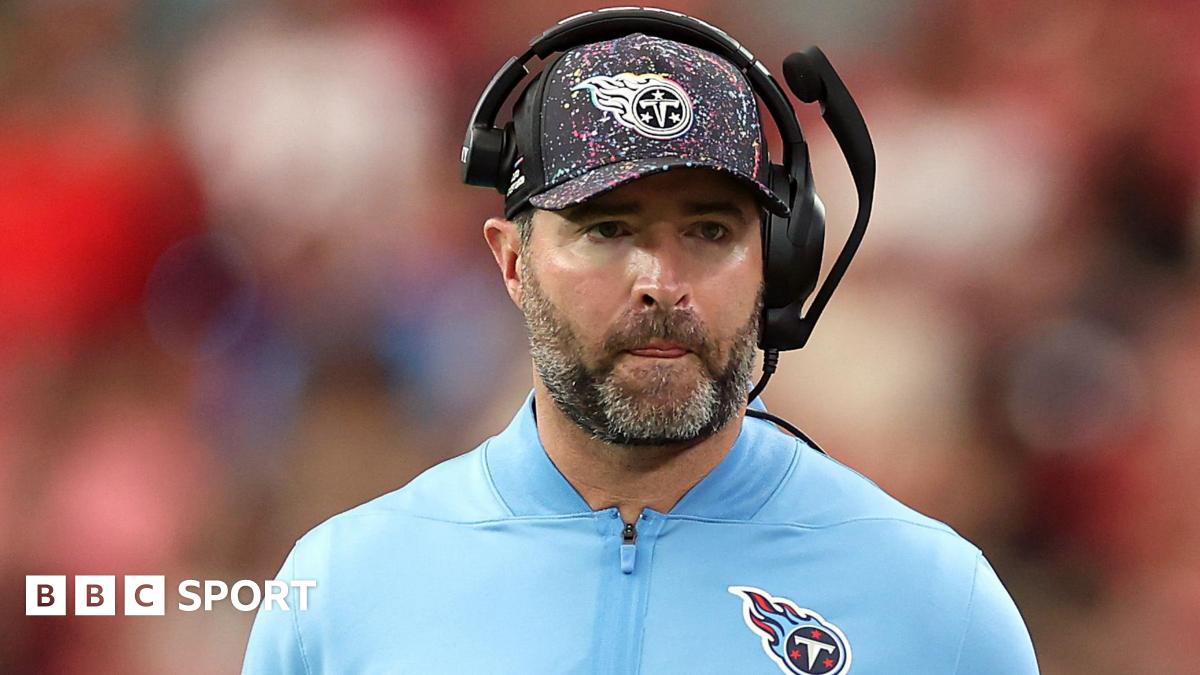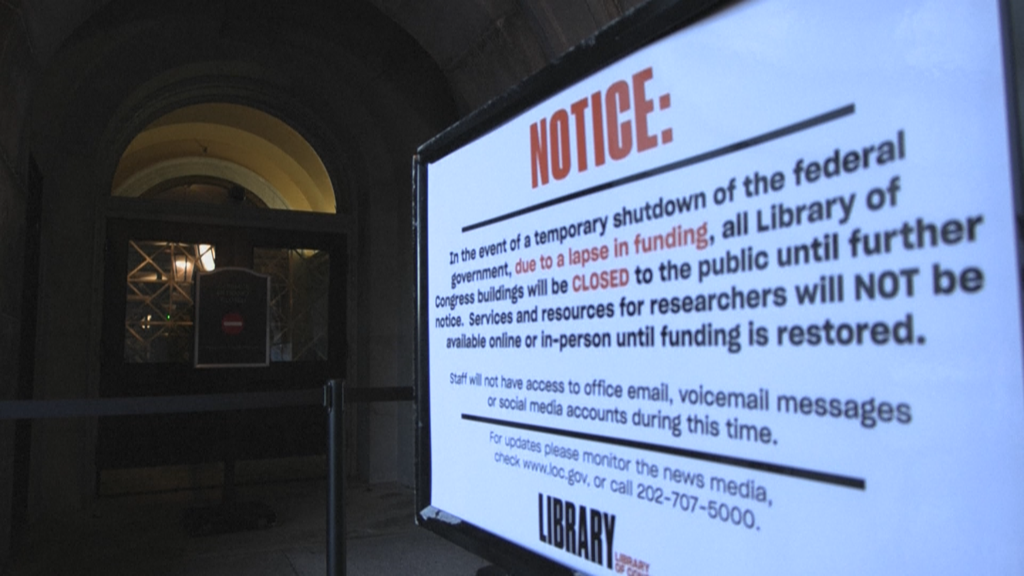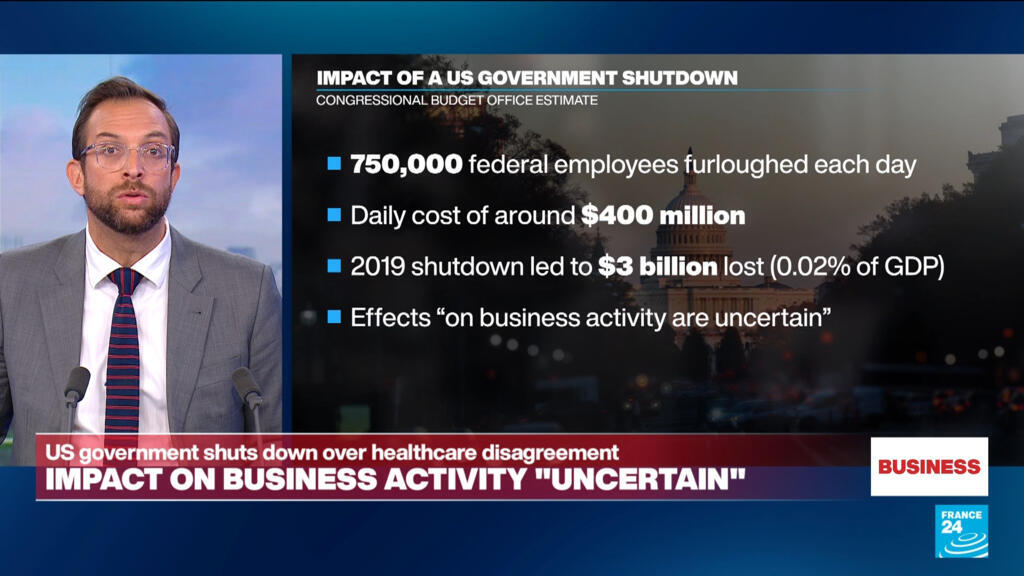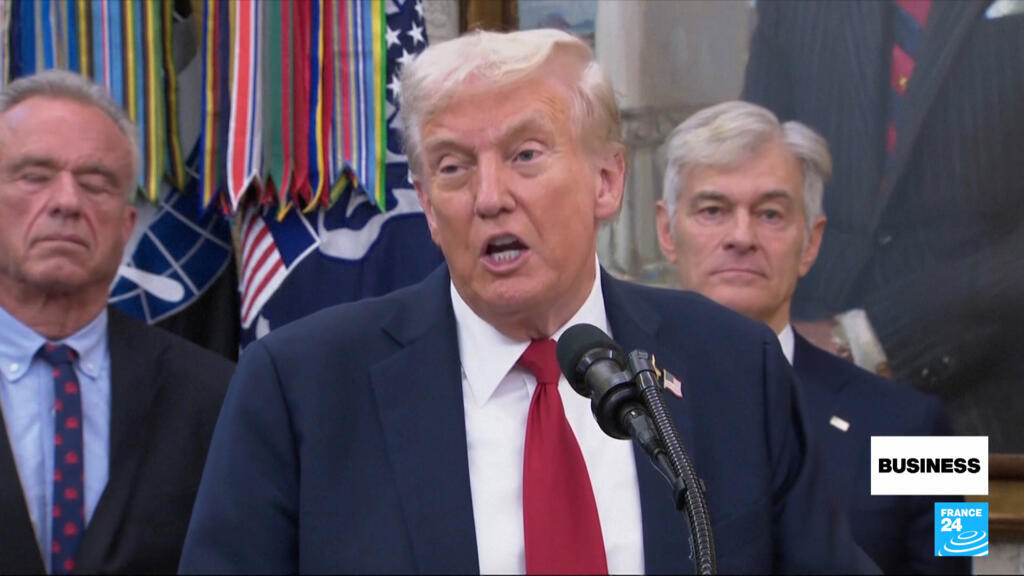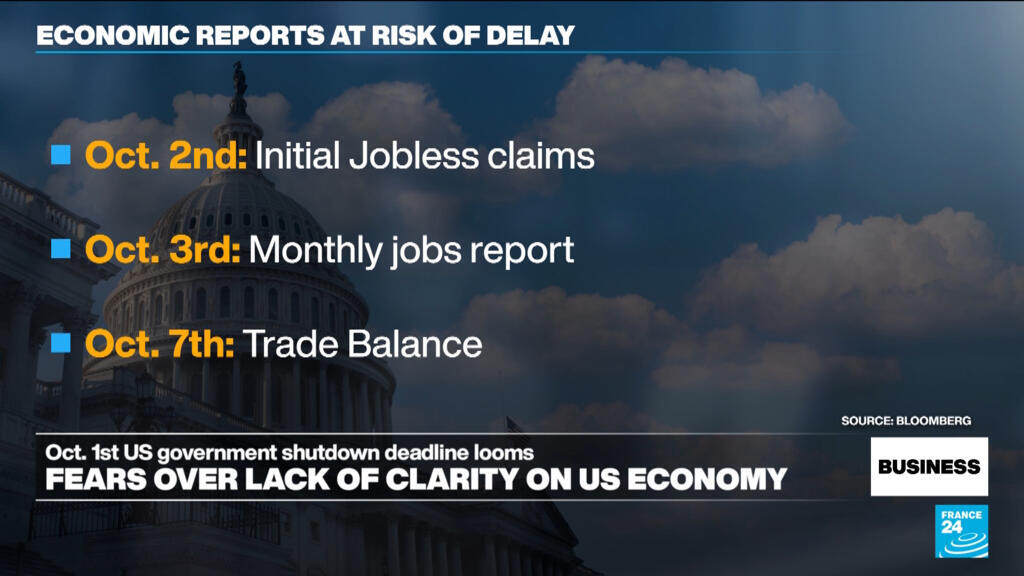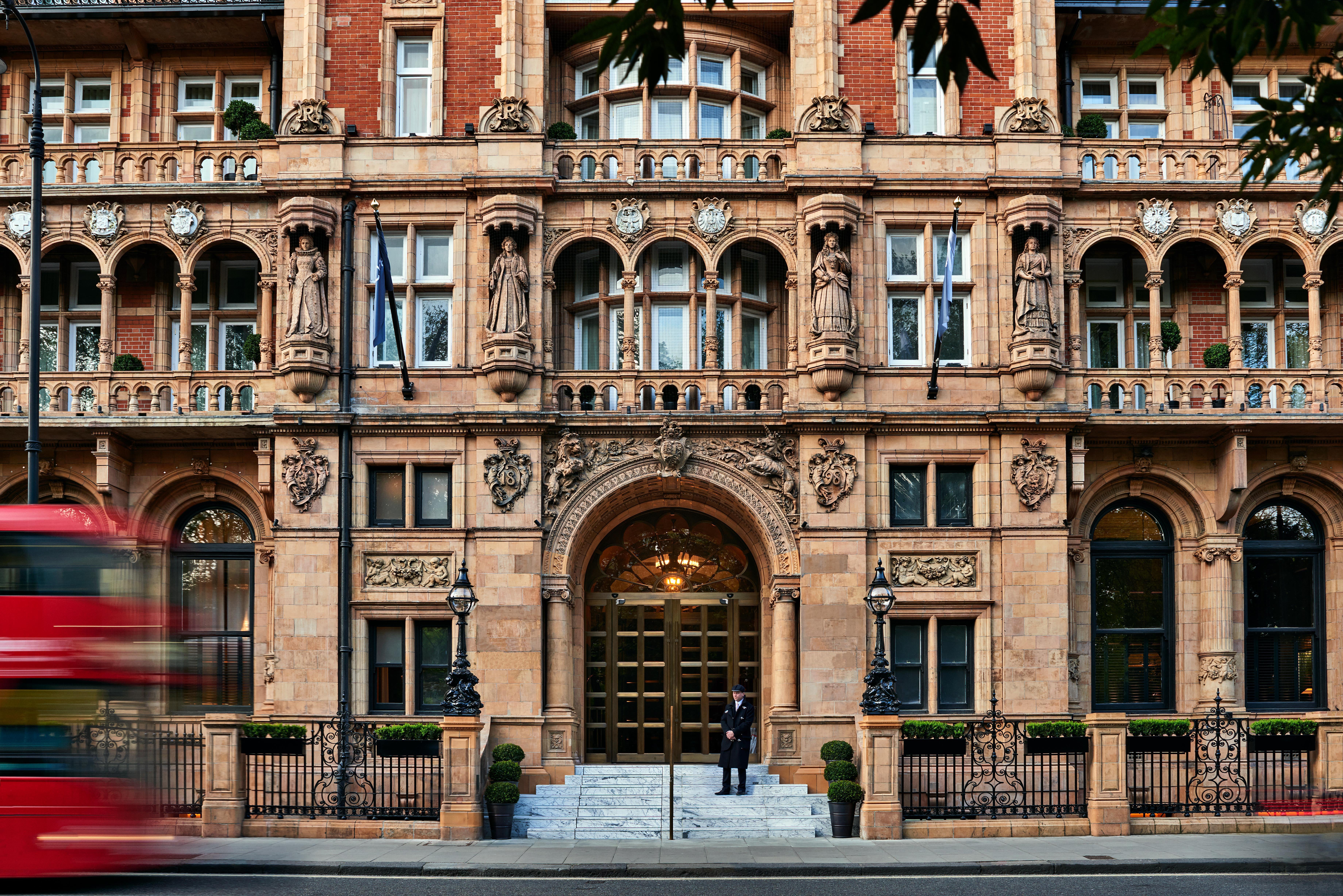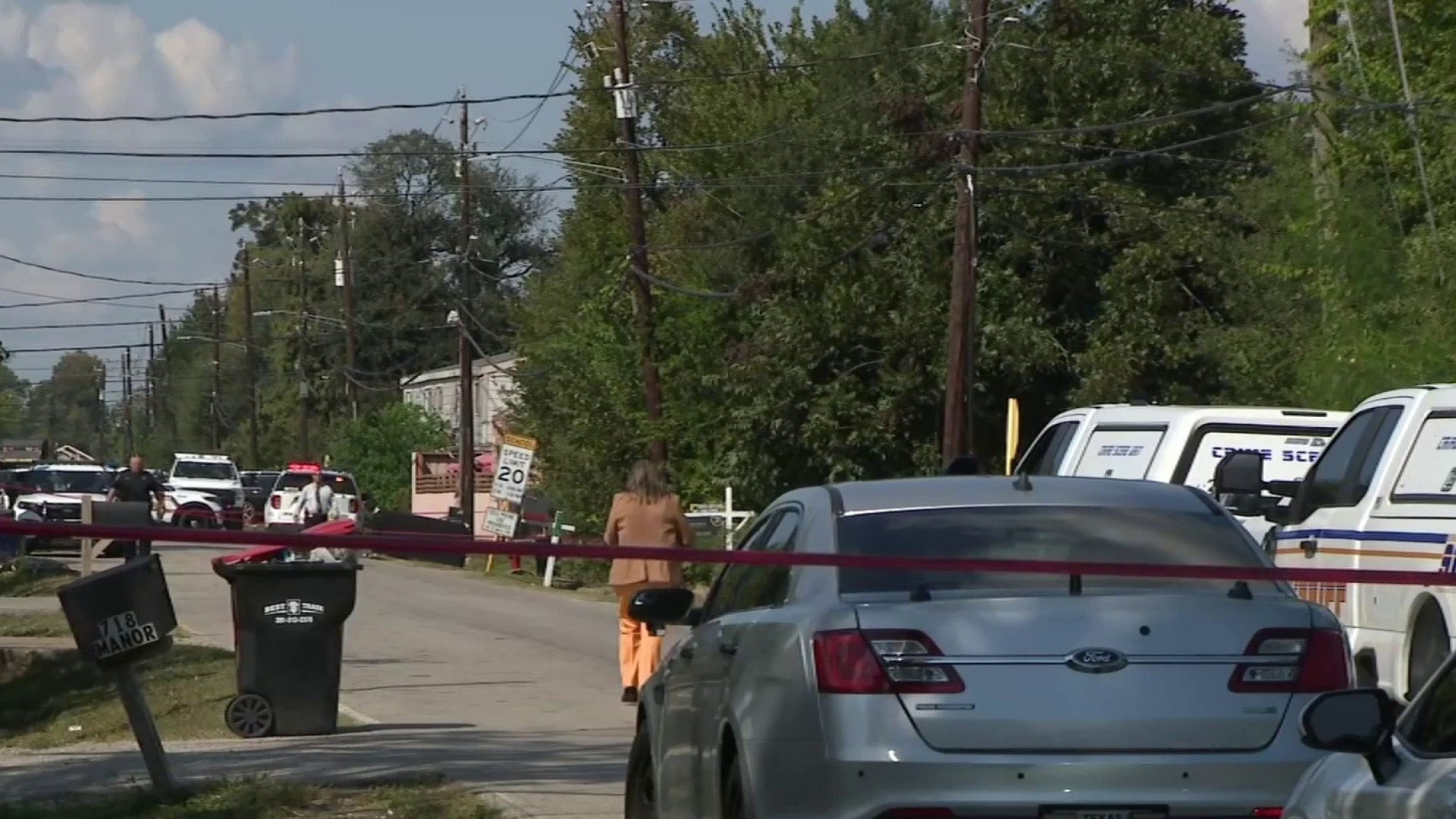Houstonians Are Feeling Effects as Government Shutdown Hits Two-Week Mark
Patrice Williams has relied on Obamacare health insurance subsidies since 2021, and she’s getting nervous that her payments could more than double if the U.S. Congress doesn’t reach a funding agreement by the end of the year. Potentially rising healthcare costs, upcoming holiday travel plans, and stalled environmental cleanup projects are on the minds of […] The post Houstonians Are Feeling Effects as Government Shutdown Hits Two-Week Mark appeared first on Houston Press.


Patrice Williams has relied on Obamacare health insurance subsidies since 2021, and she’s getting nervous that her payments could more than double if the U.S. Congress doesn’t reach a funding agreement by the end of the year.
Potentially rising healthcare costs, upcoming holiday travel plans, and stalled environmental cleanup projects are on the minds of Houstonians who say they don’t just want the federal government shutdown to end; they want assurance that the services they rely on will remain in place.
The shutdown was announced October 1 when the U.S. Congress failed to reach a funding agreement that would keep governmental agencies like the Veterans Administration, Environmental Protection Agency, military bases, and national parks operating at full capacity.
The impasse occurred because most Congressional Democrats want to extend enhanced premium tax credits under the Affordable Care Act. When the credits were approved during the COVID-19 pandemic, they were intended to be temporary, and some Republicans are pushing back that they can’t continue to fund billions in affordable healthcare while the federal government is in debt to the tune of trillions.
A “continuing resolution” that would have kept the government open for seven weeks passed the U.S. House late last month, but Senate Republicans need 60 votes to pass a spending bill through the upper chamber. Only 48 Senate votes were cast in favor of the continuing resolution prior to the September 30 deadline.
A likely scenario to end the shutdown would be that some Democrats switch their votes, and if that happens, there may be a negotiation scenario in which the Republicans agree to reconsider tax credits at the end of the year, Rice University economist John Diamond has said.
As the shutdown hit the two-week mark, Houstonians grew increasingly worried.

Williams said she’s on a fixed income and doesn’t “have a lot of wiggle room” when it comes to budgeting. Kevin Strickland, who spoke to a reporter at a Houston Progressive Caucus gathering on Sunday, expressed a similar sentiment.
“I’m self-employed, so I’m screwed,” he said. “I have [Affordable Care Act] insurance. My premium will triple. I’m not eligible for Medicare for several more years.”
Dr. Audrey Nath, a pediatric neurologist at the University of Texas Medical Branch, said she’s worried about the shutdown’s impact on affordable healthcare, particularly because it comes on the heels of $800 billion in cuts to Medicaid via the One Big Beautiful Bill Act that passed in July.
“Close to $1 trillion was cut from Medicaid in order to perpetuate corporate tax cuts,” Nath said. “What I and many other physicians, healthcare workers, and Medicaid recipients talked about as this bill was getting passed was that this takes a very real human toll. Two out of five women who have babies are on Medicaid. We have elderly people in Medicaid-funded nursing homes. Where are they going to go?”

Homeless shelters don’t have medical equipment, added Nath, who is running for a nonpartisan seat on the Houston ISD school board in November.
“We just need a functioning healthcare system,” she said. “I spoke to a friend of mine who is a specialist at a rural hospital in Texas. He said they’ve got maybe 14 days of liquid cash on hand to stay afloat if they were to stop getting payments. When you have massive cuts like that, people are going to lose coverage. Rural hospitals will close. If you are a wealthy person with private insurance, if the hospital is gone and you have a heart attack in a little town, it doesn’t matter who you are. We are all affected by this.”
“I think it was strategic and tactical to paint Medicaid as this niche thing for poor people or able-bodied men who don’t feel like getting a job,” she added. “In reality, the proportion of Medicaid recipients who aren’t working or in school or caretaking is really quite low. Now, for the government to be shut down, and for there to be even whispers that it’s freeloaders who want healthcare, it’s disgusting. It’s so far from what the reality is.”
Corisha Rogers said President Donald Trump’s policies are not serving working-class Americans, “especially with the rising costs of healthcare.”
“Millions of people will be affected in terms of healthcare,” she said.
The shutdown is also taking a toll on airports, where “essential” employees like air traffic controllers and Transportation Security Administration agents, are going to work without the promise of a check.
They should be able to receive back pay in a lump sum once the government reopens, but past shutdowns have prompted “sickouts,” where employees don’t show up, usually because they’re seeking part-time work so they can pay their bills. Trump has also indicated that furloughed employees will be laid off during the shutdown.
“And it will be Democrat-oriented, because we figure, you know, they started this thing,” the President said last week. “It’ll be a lot.”
Flight Aware, software that tracks American airport activity, showed four canceled flights and 87 delays at George Bush Intercontinental Airport on Sunday. During the same time frame, there were no canceled flights and 70 delays at William P. Hobby Airport. A spokesperson for the Houston Airport System, which manages IAH, Hobby, and Houston Spaceport, referred questions about the shutdown to the Federal Aviation Administration.
Frequent business travelers have said they’ve spotted a third-party security team doing checks rather than TSA, and the delays are expected to get worse as the shutdown continues.
During the 35-day shutdown from December 2018 to January 2019, flights across the country were delayed and canceled. This time around, residents are growing concerned about holiday travel. The Sunday after Thanksgiving is typically the busiest day of the year for American airports.
Transportation Secretary Sean Duffy said at a press conference last week that air traffic controllers have already started calling in sick.
“They’re not thinking about the airspace. They’re thinking about, am I going to get a paycheck?” he said.
Williams said she’s not purchasing plane tickets anytime soon but she has a daughter and grandchildren in Louisiana that she hopes will come to Houston for Christmas.
“Lord willing, this mess will be over long before Christmas,” she said.
Houstonians can voice their frustration with the shutdown and the Trump administration this weekend. More than 2,500 “No Kings” protests are scheduled across the country on Saturday, October 18, including one from noon to 2 p.m. at Discovery Green and one from 2 to 6 p.m. at Houston City Hall. The No Kings movement aims to “send a clear and unmistakable message: we are a nation of equals, and our country will not be ruled by fear or force,” according to organizers.
Officials with Air Alliance Houston said at an October 11 event that they’re worried about stalled Environmental Protection Agency projects, which already take a long time to start, much less complete.
“There is a lot of heartburn and heartache in our communities,” said Air Alliance Communications Director Brenda Franco. “We’re seeing the effects that this current administration is having on communities that have been neglected.”
Air Alliance Houston sued the federal government in June, claiming that the Trump administration illegally terminated environmental justice grant programs despite a Congressional directive to fund them.
“Here in Houston — one of the most polluted cities in the country — our grant would have helped people who live day-to-day with air pollution to have a meaningful say in the environmental decisions that affect their lives,” said Air Alliance Houston Executive Director Jennifer Hadayia at the time the grant was rescinded. “Now, communities like ours will not receive the critical support needed to make change, support that we legally and contractually received.”
Although the shutdown doesn’t have a direct effect on the pending lawsuit over grant funding, it does mean more delays for already-approved cleanup projects like the one at San Jacinto River Toxic Waste Pits in East Harris County. The EPA reported that about 90 percent of its workforce will be furloughed during the shutdown.
Both political parties are blaming each other for the shutdown, with some Republicans suggesting that the Democrats are attempting to offer discounted healthcare to undocumented persons.
“They have made a decision that they would rather give taxpayer funded benefits to illegal aliens, than to keep the doors open for the American people,” said Republican Speaker of the House Mike Johnson, the day after the shutdown.
U.S. Congresswoman Lizzie Fletcher, D-Houston, said on the Houston Matters radio show earlier this month that government employees could go back to work immediately if Republicans would compromise.
“There are a couple of critical things that Republicans aren’t doing,” she said. “One, protecting the healthcare of Americans across the country whose bills, insurance premiums and expenses are about to go through the roof. We all know it’s coming, so it’s really important that we address that now. And, two, make sure that the Trump administration spends the money as we’ve directed, which has not happened all year. That’s really the stalemate.”
While Trump is referring to the stalemate as a “Democrat shutdown,” Fletcher pointed out that Republicans control the U.S. House, the U.S. Senate, and the White House.
“They have the ability to bring a bill to the floor at any time to have averted this situation and to end it,” she said. “The Democrats have laid out priorities. The biggest thing we have said is that we’ve got to deal with the fact that the actions that this Congress and this White House have taken this year have caused a healthcare crisis.”
And for Patrice Williams and other Houstonians, the clock is ticking.
“I thank God that I’m healthy right now, but that could change instantly,” she said. “I’m praying to God they do the right thing.”
The post Houstonians Are Feeling Effects as Government Shutdown Hits Two-Week Mark appeared first on Houston Press.

